In a thunderous critique that echoes across Kenya’s political class, former Chief Justice Willy Mutunga has declared that Kenya has lacked a true opposition since 1969, a revelation he delivered in a fiery address over widespread state encroachment and shrinking civic space.
Mutunga, speaking at a public event this week, seized upon the historic stagnation of oppositional politics—tying current trends back to the era of President Jomo Kenyatta. He argued that after the banning of the Kenya People’s Union in 1969, multi-party democracy all but vanished, leaving Kenya in long-standing one-party dominance—whether under Kenyatta, Moi, Kibaki, or Uhuru Ruto.
Mutunga’s declaration followed recent warnings from activists like Boniface Mwangi, who denounced the “abductions and police brutality” unleashed during the protests on 25 June 2024. Mutunga retorted soberly on X: “Kenya has been a dictatorship since colonialism,” drawing a through-line from repressive colonial rule to today’s authoritarian drift under President William Ruto.
The former CJ, a veteran of judicial reforms and human rights advocacy, has consistently warned that both ruling and opposition forces are failing Kenya by sidelining the Constitution. He criticized the lack of genuine dissent, citing the recent government‑opposition cooperation deal—which he and others say has effectively neutralized opposition voices rather than fortified democratic debate.
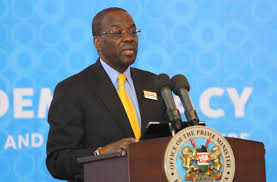
Mutunga also pointed to alarming trends: enforced disappearances, arrests of civic actors, and routine government charges that flout constitutional protections articulated in Articles 32 and 33. He specifically condemned the arrest of civic software developer Rose Njeri, whose platform for public comment on the Finance Bill led to charges that, in his view, constitute a constitutional overthrow.
Speaking to People Daily, Mutunga insisted Kenya has never recovered true democracy. “From 1969 until now, there has been no vibrant political opposition,” he said, calling for grassroots mobilisation to defend democratic rights. He portrayed Kenya’s leaders, across administrations, as parts of a single political machine that subverts dissent and dissolves opposition into performative alliances.
Why This Matters
- Deep democratic deficit: Mutunga’s analysis suggests that Kenya’s political duopoly masks a structural absence of real opposition.
- Warning signs intensify: With abductions, arrests of activists like Njeri, and suppression of protest, he argues Kenya is sliding into hardened authoritarianism.
- Call to action: Mutunga urges civil society, Gen Z, and legal guardians to reclaim constitutional space and defend citizen rights.
Immediate Implications
- Democratic alarm bell – Mutunga’s status and rhetoric elevate this from activism to mainstream urgency, energising civic groups and human rights advocates.
- Political pressure cooker – His charge undermines the credibility of government-opposition pacts, increasing scrutiny on ODM, UDA, and others.
- Judicial and civic mobilization – Expect escalated legal challenges to executive overreach, arrests of activists, and anti-democratic legislation.
What to Watch
- Will Mutunga lead new coalitions or legal interventions?
- Will constitutional lawyers and civil society respond with a formal opposition platform?
- Can mainstream political parties resist the “handshake” model and reestablish genuine adversarial democracy?
Mutunga’s stark declaration cracks open a long-smoldering democratic fault line. With national debate intensifying, Kenya faces its biggest test yet: can democratic institutions survive—and thrive—when no one is watching?
At the heart of this bombshell is a challenge: rebuild opposition not just in party form, but as a dynamic civic force rooted in constitutional ideals.

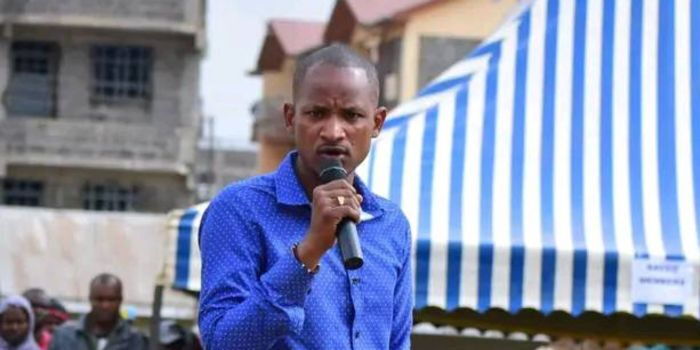
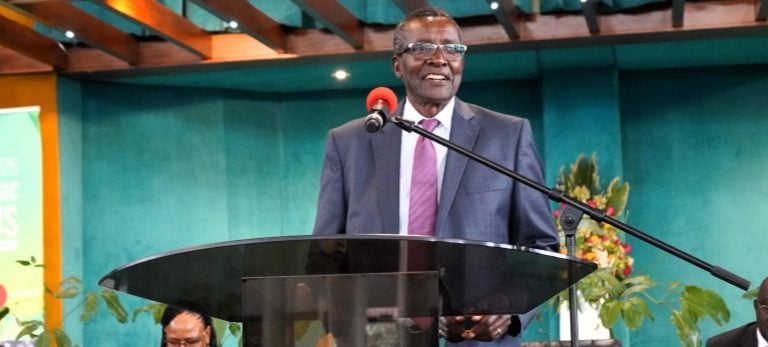
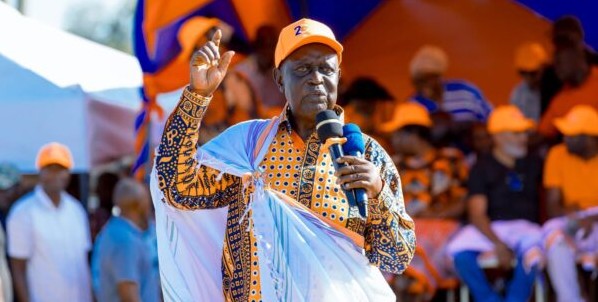
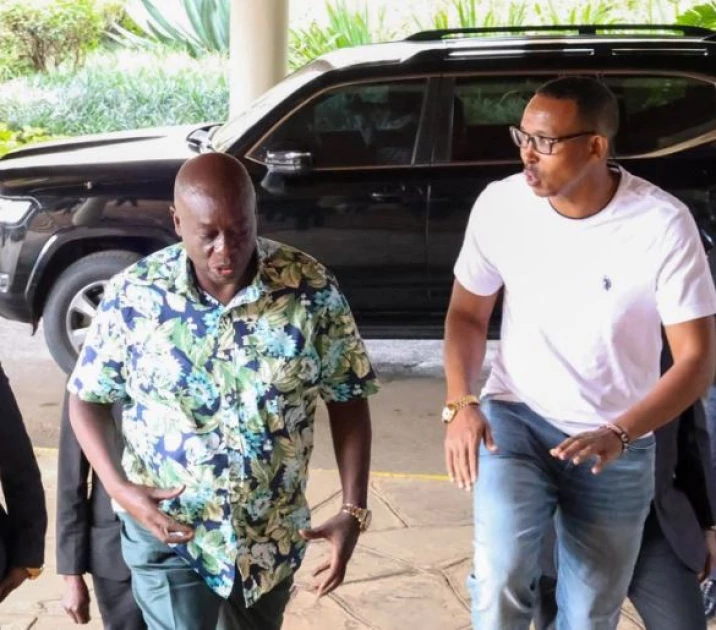
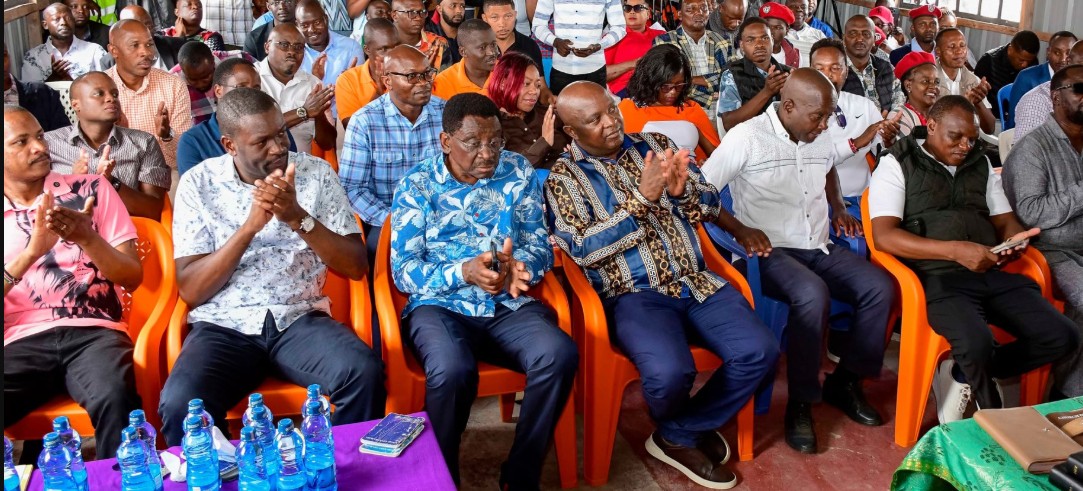
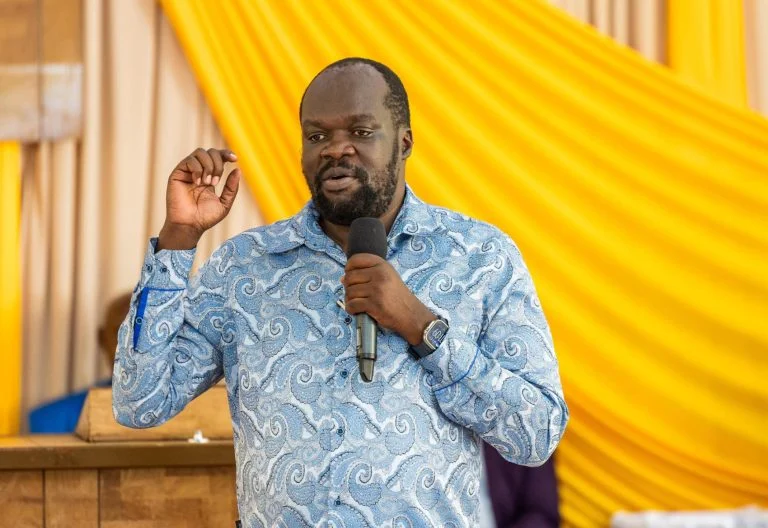

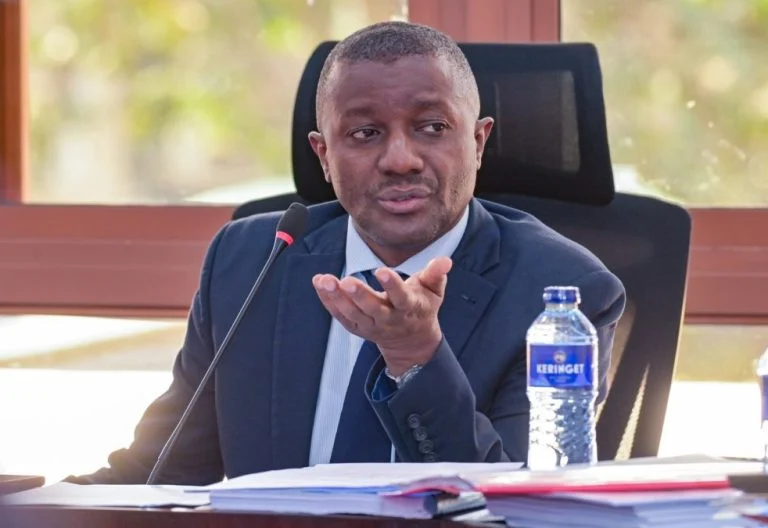
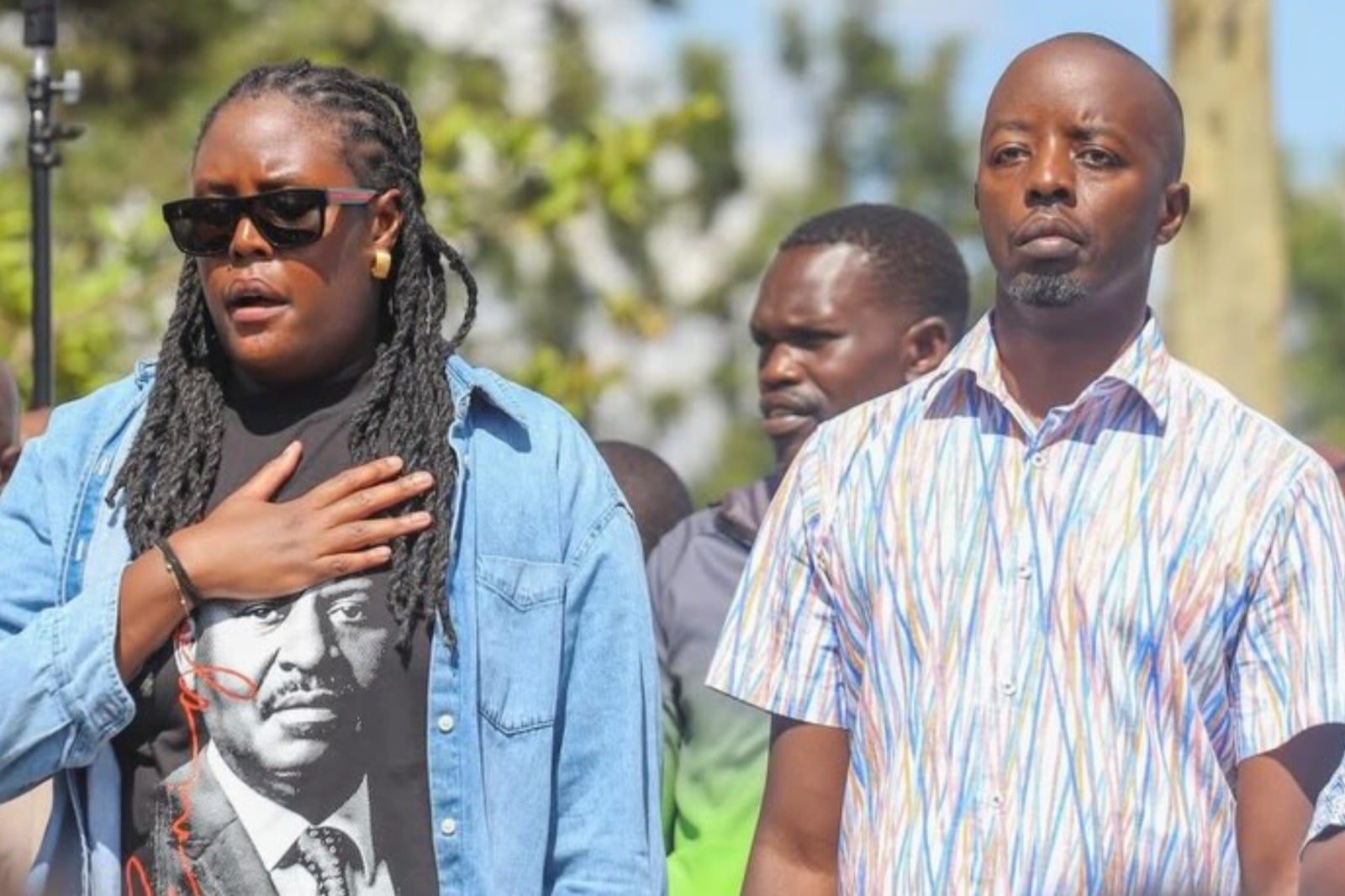


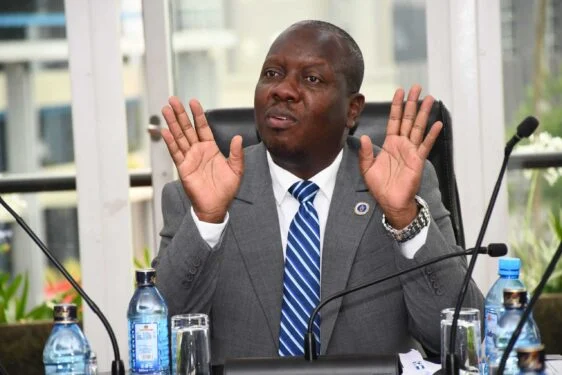
Leave a Reply